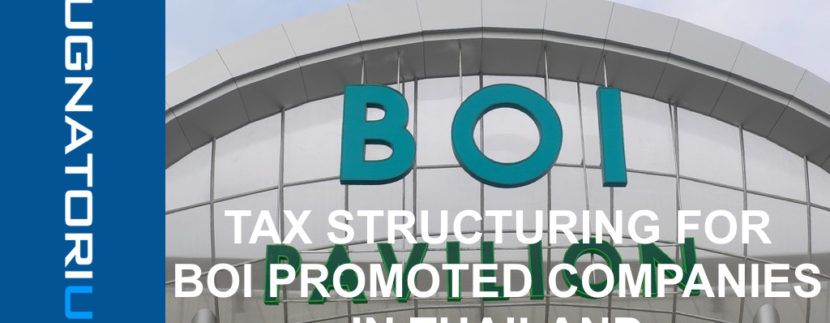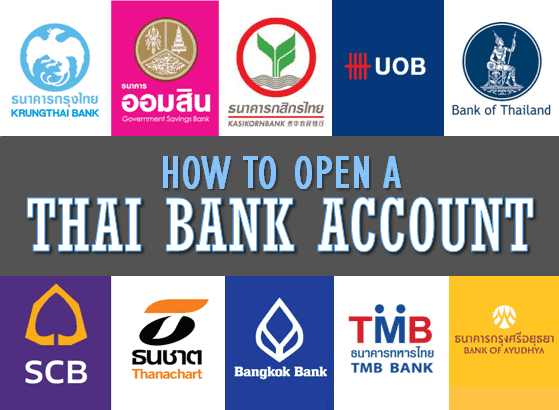BOI-efficient tax structuring
The Thailand Board of Investment is the governmental agency to promote foreign direct investments in Thailand. Key benefits of a BOI promotion are (i) the Foreign Business License to do business in Thailand with up to 100% foreign shareholders, (ii) the right to acquire legal ownership in real estate and (iii) tax holidays.
Tax holidays give a BOI promoted project a tax exempted period of up to eight years, followed, as the case may be, by a 50% tax reduction for an additional period of time. Terms and conditions apply.
The foreign investor enjoys tax holidays with a corporate income tax rate of 0%, withholding taxes of 0% and Thai income taxes of 0%. The 50% tax reduction will result in a 10% Thai corporate income taxation – if tax rates remain unchanged in the future. In addition the investor ha his specific tax burden in his country of residence and, if he is part of an international group of companies, certain other tax rates. These different tax rates apparently create the perfect storm for a highly efficient tax structuring.
Tools and modules of the BOI tax planning
Experience shows that many foreign investors are happy enough to successfully apply for a BOI promotion certificate which gives some sort of tax holidays. From the tax advisors point of view it is sad to see that possible tax advantages are generously wasted by ignorance and lack of knowledge. These are the tools and modules of efficient tax planning under a BOI promotion scenario:
The Board of Investment does not promote companies, but projects. Therefore, the project has to be carefully defined taking into consideration the cross-border tax value chain. Profitable elements have to be included, loss-maker have to be carved out. The contractual arrangements have to assure that the benefits of a tax holiday are utilized at the best possible.
It has to be evaluated whether it is possible to split one project into pieces to optimize the structure. Not each BOI promoted project gets tax holidays, and it would be preferable to have the successful projects with and the less profitable projects without tax holiday status.
The methods and modalities to offset losses between BOI promoted projects within the same legal entities had been subject to discussions during the last years. While the BOI traditionally had an investor friendly “each tax exempted project is promoted separately” approach, under the 2017 amendment of the BOI Act, the “one entity taxation” concept has been introduced. This might require the separation of each BOI-projet in a separate corporate entity for an efficient tax structuring.




